Κείμενο
Φανταστείτε αυτό το σενάριο: είστε τερματοφύλακας και ο αντίπαλος είναι έτοιμος να εκτελέσει το πέναλτι. Μέσα σε κλάσματα δευτερολέπτου πρέπει να επιλέξετε να πηδήξετε προς τη μία ή προς την άλλη γωνία. Στην πραγματικότητα, δεν υπάρχει τρόπος να καταλάβετε πού θα πάει η μπάλα, και πρέπει να διαλέξετε εντελώς στην τύχη. Προς τα πού θα πάτε; Η συντριπτική πλειοψηφία των επαγγελματιών τερματοφυλάκων σε μεγάλες ομάδες ποδοσφαίρου θα διαλέξει μία από τις δύο γωνίες. Και αυτό είναι οι λάθος επιλογή. Γιατί μία μελέτη που δημοσιεύθηκε πριν μερικά χρόνια απέδειξε ότι το ιδανικό είναι ο τερματοφύλακας να μείνει στη θέση του. Γιατί όμως ο τερματοφύλακας επιλέγει να φυλάξει μία από τις δύο γωνίες; Και τι σχέση έχει αυτό με τη διατροφή; Ας τα πάρουμε από την αρχή. Η λογική του τερματοφύλακα είναι ότι αν πηδήξει προς μία γωνιά και η μπάλα πάει στην άλλη, θα φάει γκολ. Ατυχία. Έπαιξα, και έχασα. Αν όμως επιλέξει να μείνει στο κέντρο, και η μπάλα πάει σε μία γωνιά τότε θα φαίνεται ηλίθιος. Γιατί “δεν έκανε τίποτα”. Οι επαγγελματίες ποδοσφαιριστές που εκτελούν πέναλτι το ξέρουν αυτό, γι’ αυτό τις περισσότερες φορές στέλνουν την μπάλα στο κέντρο. Ξέρουν ότι ο τερματοφύλακας δεν θα μείνει στο κέντρο γιατί υπόκειται σε μία νοητική πλάνη που ονομάζεται “πλάνη της δράσης”. Η πλάνη της δράσης είναι ένα νοητικό βραχυκύκλωμα το οποίο συχνά μας αναγκάζει να κάνουμε κάτι, ενώ είναι πολύ καλύτερο για μας να μην κάνουμε τίποτα. Νιώθουμε αναγκασμένοι να κάνουμε κάτι ενώ δεν είμαστε σίγουροι ότι το να κάνουμε κάτι είναι η καλύτερη επιλογή. Γιατί όμως υποκείμεθα σε αυτή την πλάνη; Ο εγκέφαλός μας έχει εξελιχθεί εδώ και εκατομμύρια χρόνια, κι αν εξαιρέσουμε τις τελευταίες εκατοντάδες χρόνια, για όλη την υπόλοιπη εξέλιξη μας είχαμε συνδέσει τις λύσεις των προβλημάτων μας με κίνηση. Πεινάμε; Πρέπει να κυνηγήσουμε ή να οργώσουμε. Κρυώνουμε; Πρέπει να φέρουμε ξύλα να ανάψουμε φωτιά. Διψάμε; Πρέπει να πάμε στο ποτάμι να φέρουμε νερό. Στα εκατομμύρια χρόνια εξέλιξης του εγκεφάλου μας συνδέθηκε η δράση

με τη λύση ενός προβλήματος. Σήμερα όμως τα πράγματα δεν είναι έτσι. Δεν είναι αναγκαίο πάντα να κάνουμε κάτι για να λυθεί ένα πρόβλημα. Πολλές φορές αρκεί να περιμένουμε χωρίς να κάνουμε τίποτα, γνωρίζοντας ότι πολλοί άνθρωποι θα παρεξηγήσουν την απραξία μας για οκνηρία ή αδιαφορία. Πρέπει να αντισταθούμε όμως. Δεν πρέπει να κάνουμε κάτι μόνο και μόνο για να κάνουμε κάτι. Πρέπει να κάνουμε κάτι μόνο αν είμαστε σίγουροι ότι αυτό είναι το καλύτερο και ότι το να μην κάνουμε κάτι είναι το χειρότερο. Τι σχέση έχει αυτό όμως με τη διατροφή; Πολλοί άνθρωποι, στην προσπάθειά τους να ρυθμίσουν το βάρος τους αποφασίζουν συχνά να ακολουθήσουν εξαντλητικά προγράμματα γυμναστικής χωρίς να κάνουν τον κόπο να ακολουθήσουν την κατάλληλη διατροφή. Θεωρώντας ότι η σωστή επιλογή είναι η δράση, δηλαδή το γυμναστήριο, ενώ η σωστή διατροφή υπονοεί απραξία και τεμπελιά. Οι επιστημονικές μελέτες όμως σε αυτό το θέμα είναι ξεκάθαρες. Η γυμναστική δεν βοηθάει στην απώλεια βάρους αν δεν συνδυάζεται με σωστή διατροφή. Στο παρελθόν έχω μιλήσει ξανά για αυτό το θέμα και έχω πει ότι δεν μπορούμε να βασιζόμαστε αποκλειστικά στη γυμναστική για απώλεια βάρους. Είναι αναγκαία και η σωστή διατροφή. Αν θέλετε να δείτε το σχετικό βίντεο, εμφανίζεται τώρα στα δεξιά μου. Σας ευχαριστώ πολύ.

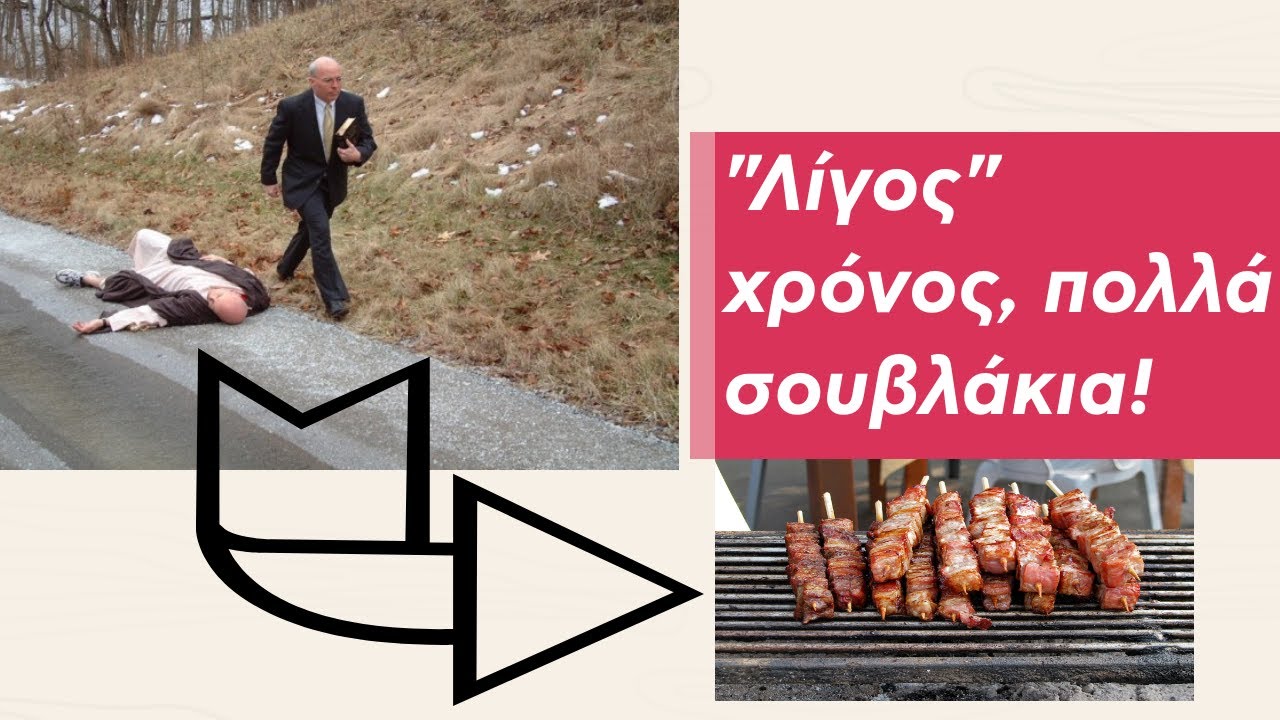
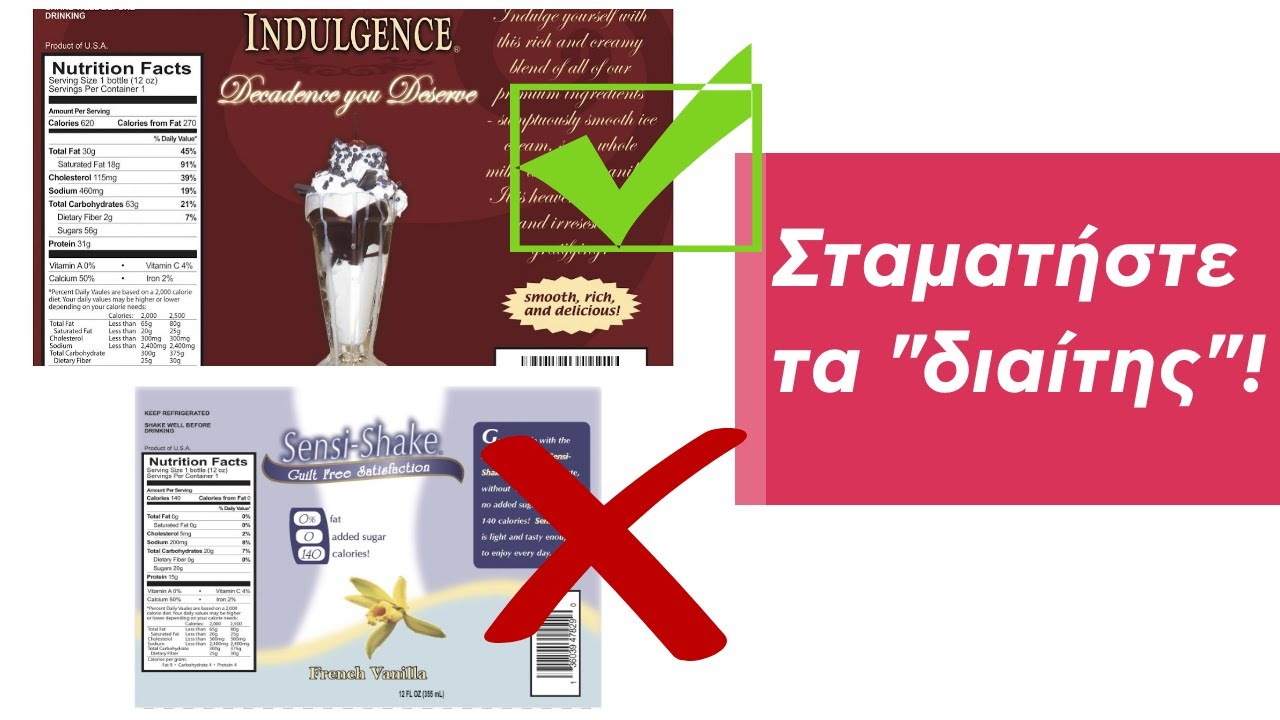
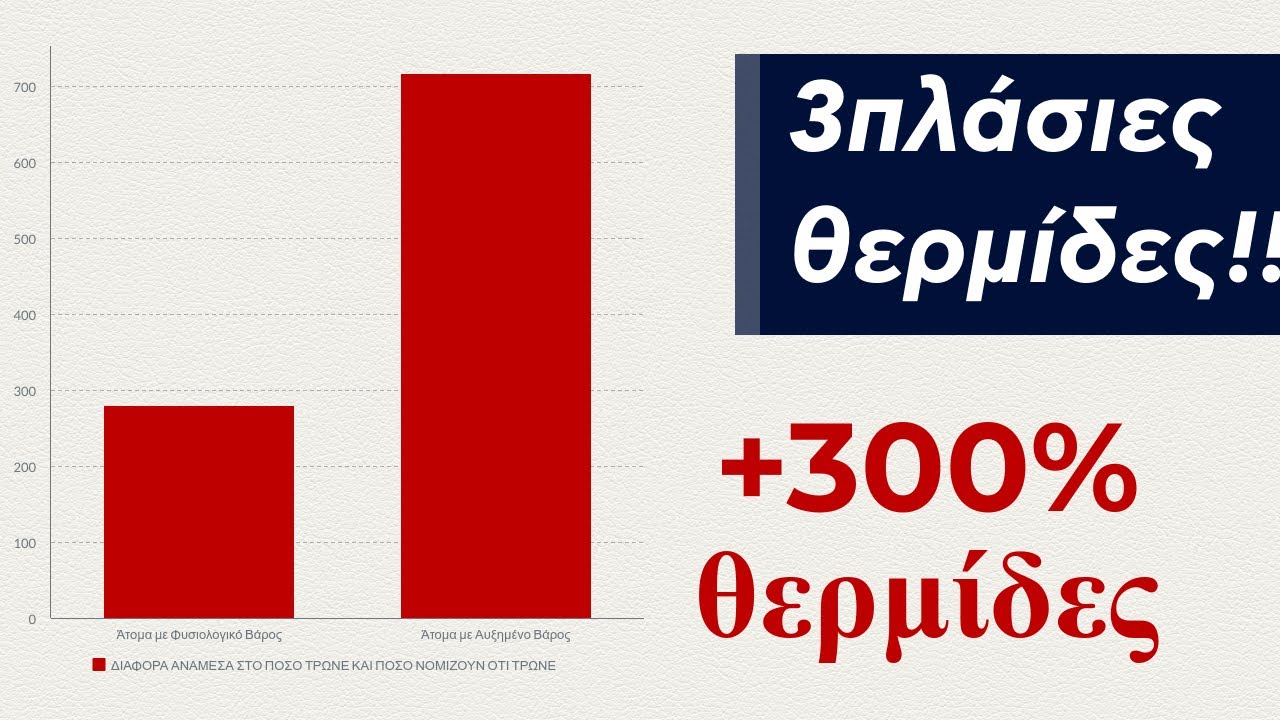
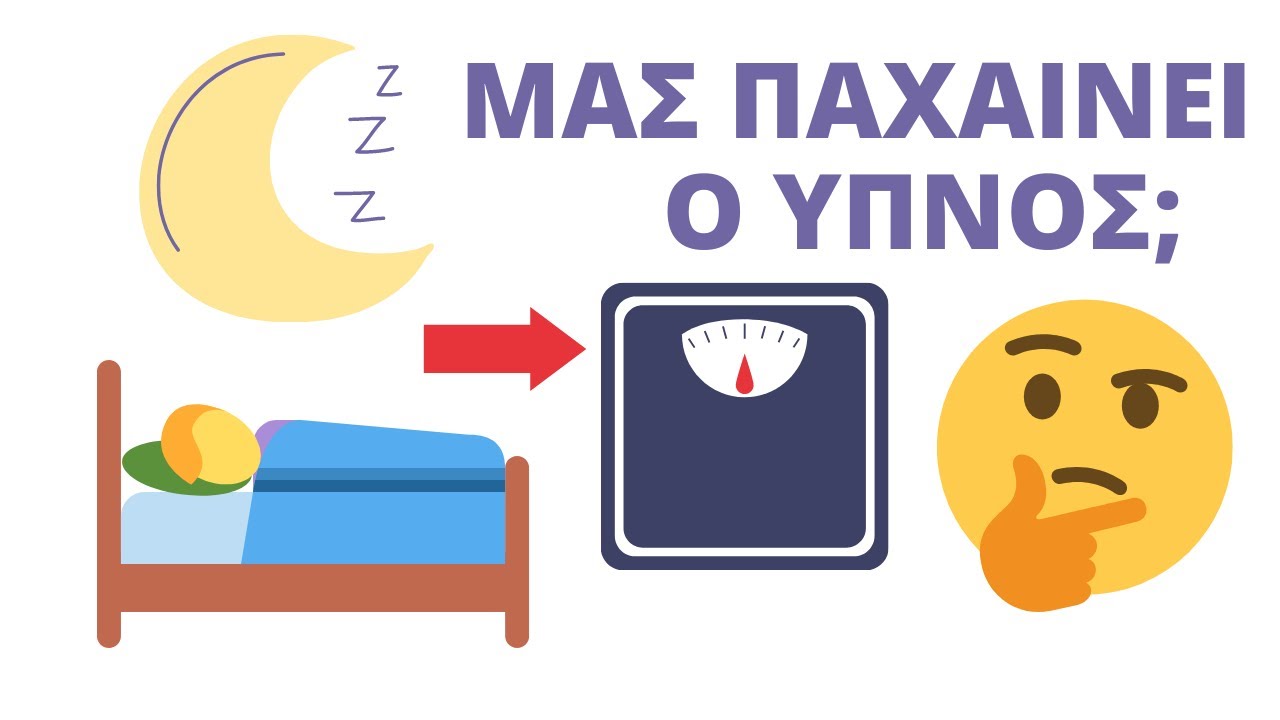

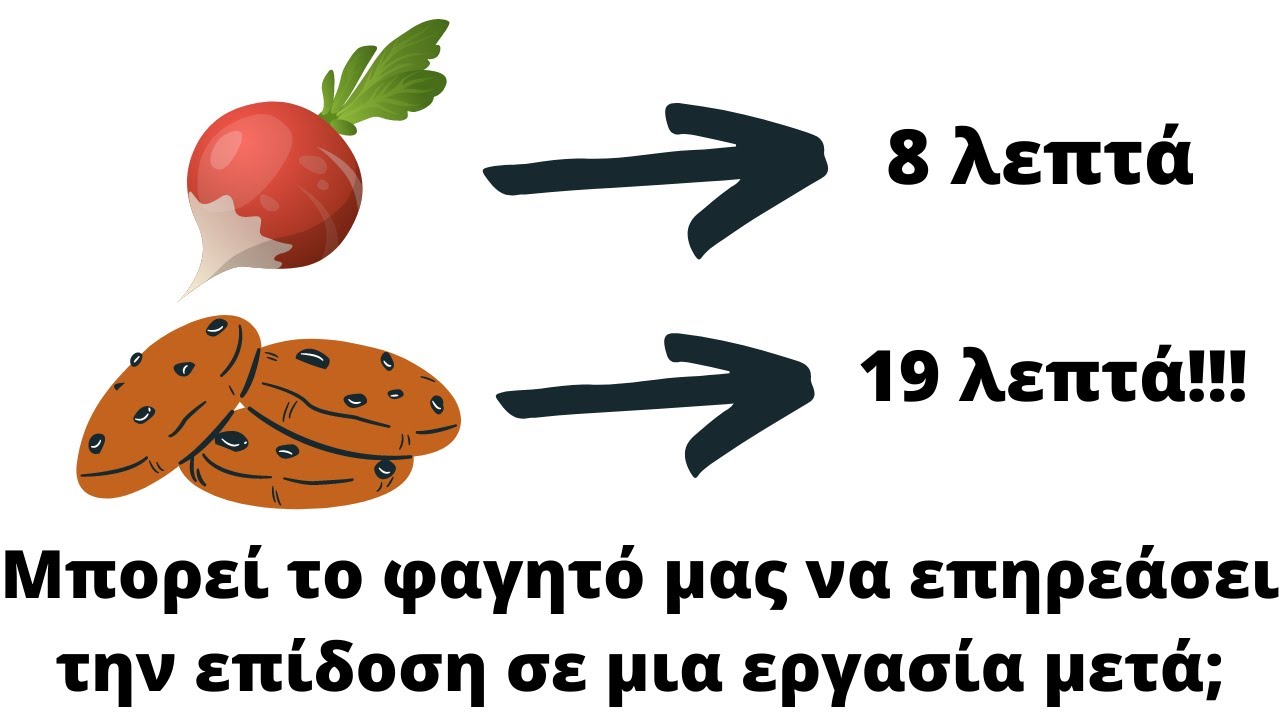

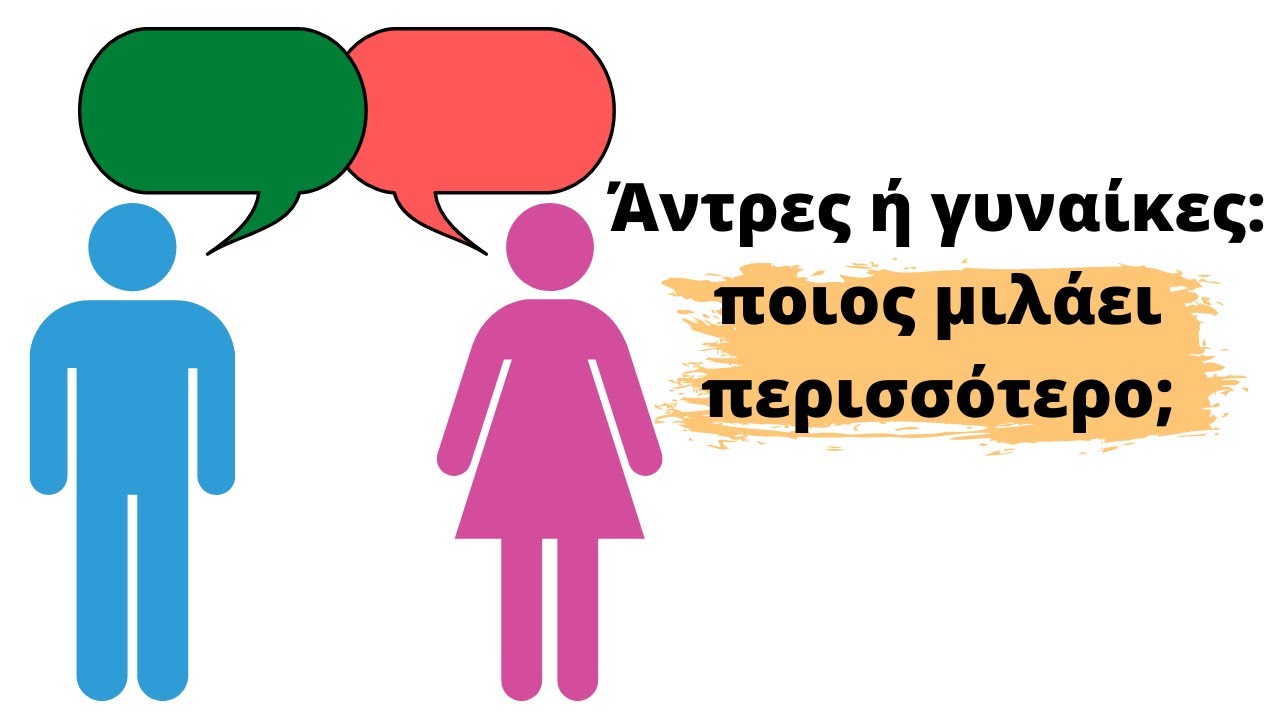

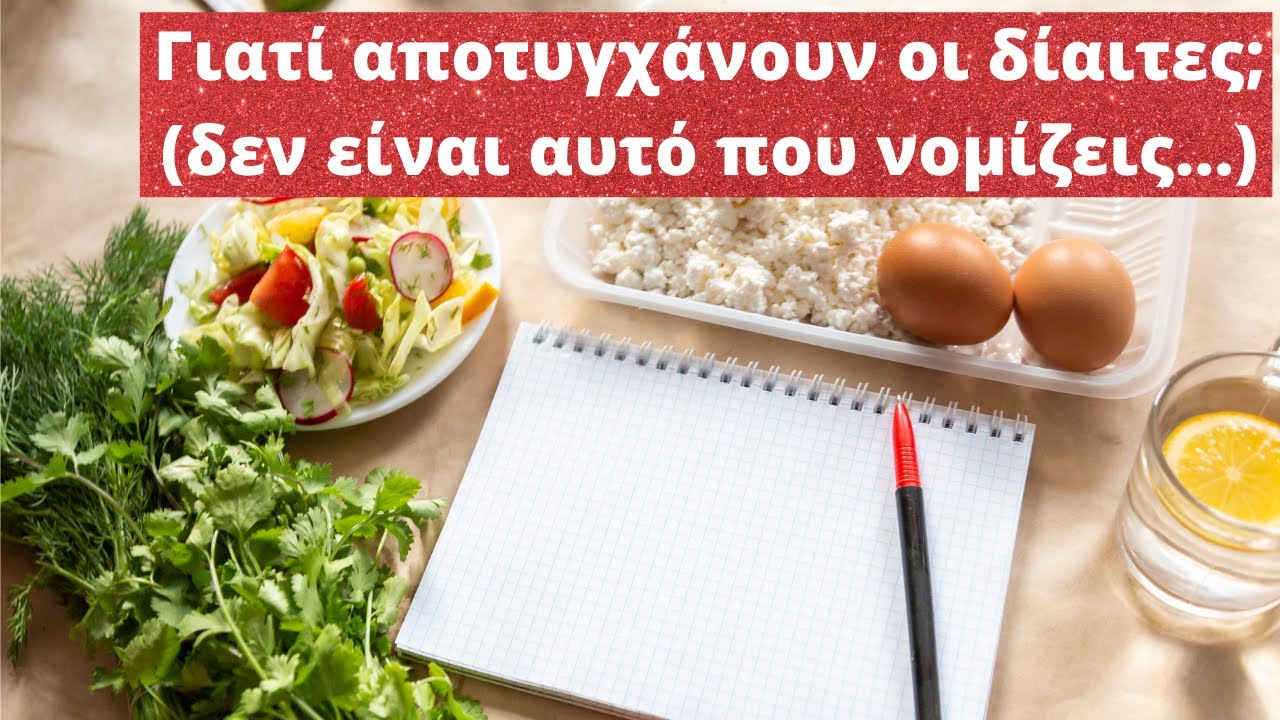

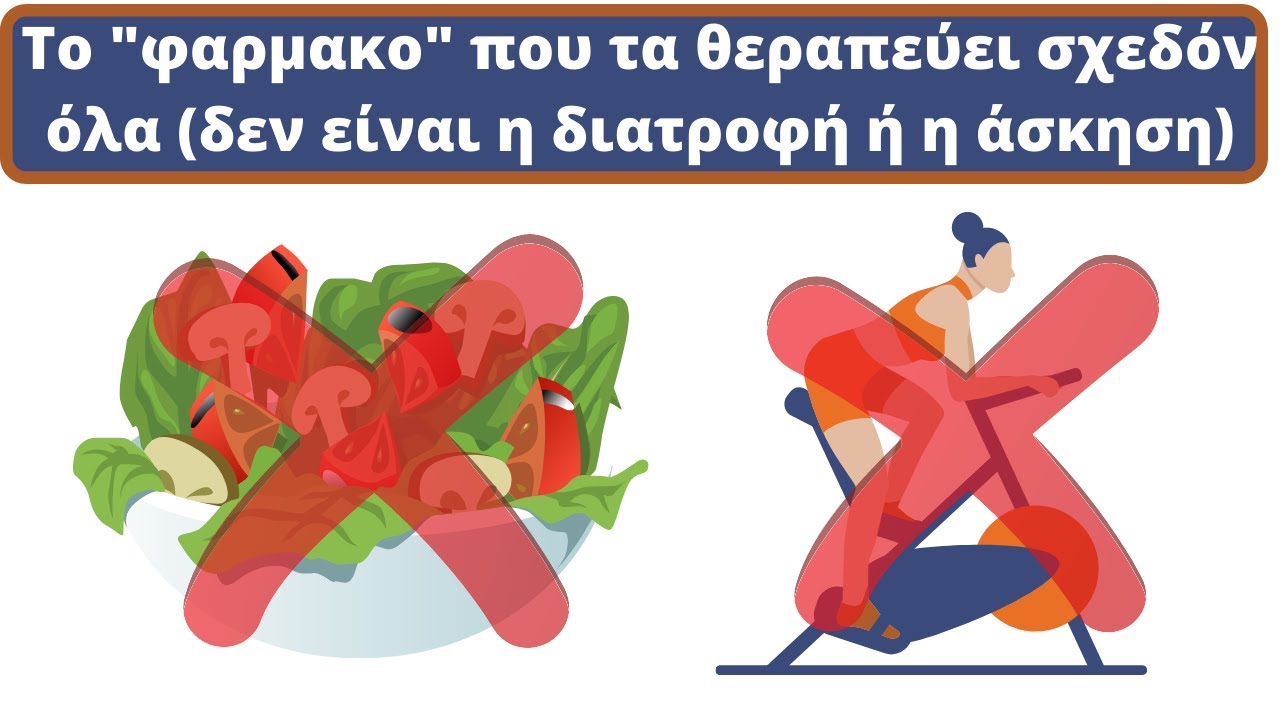
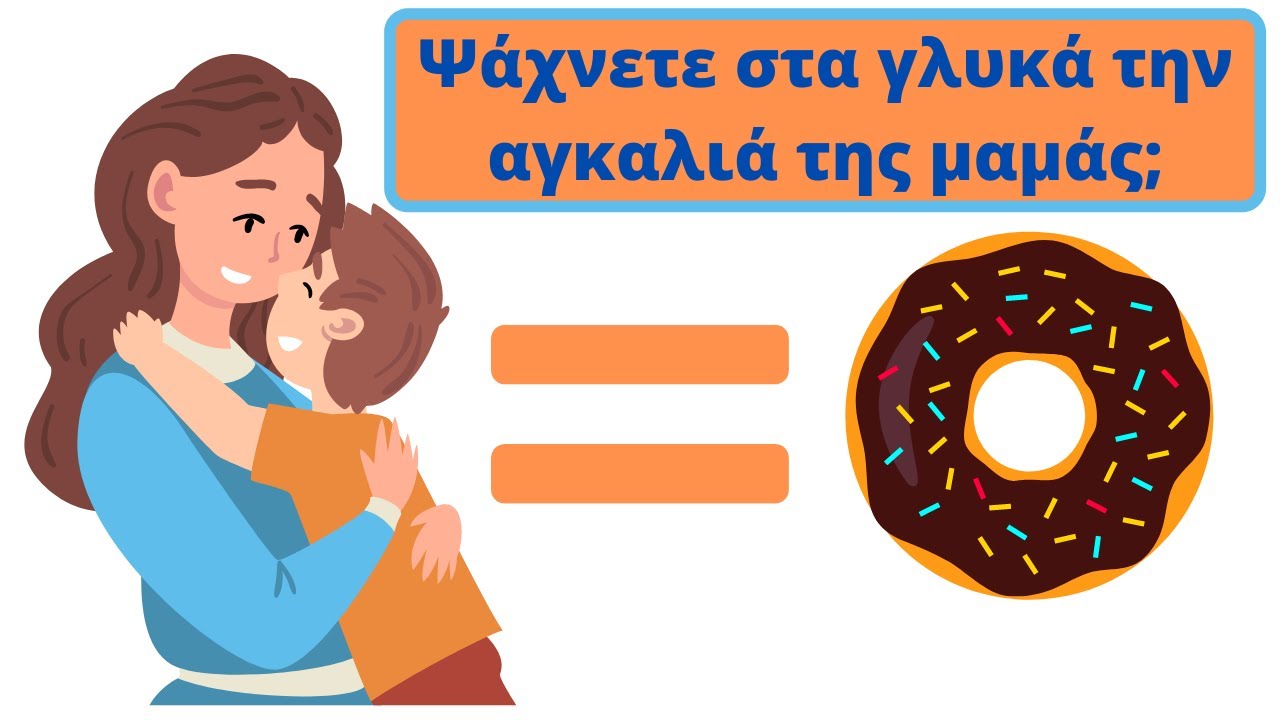
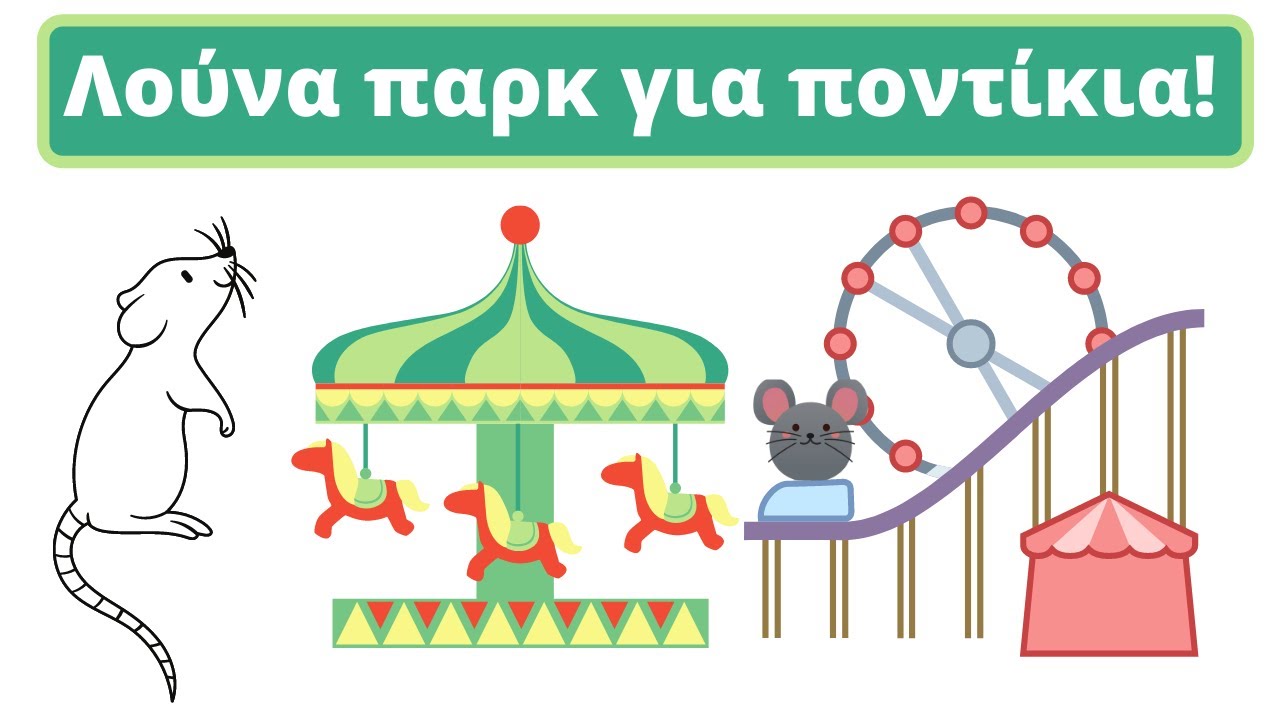
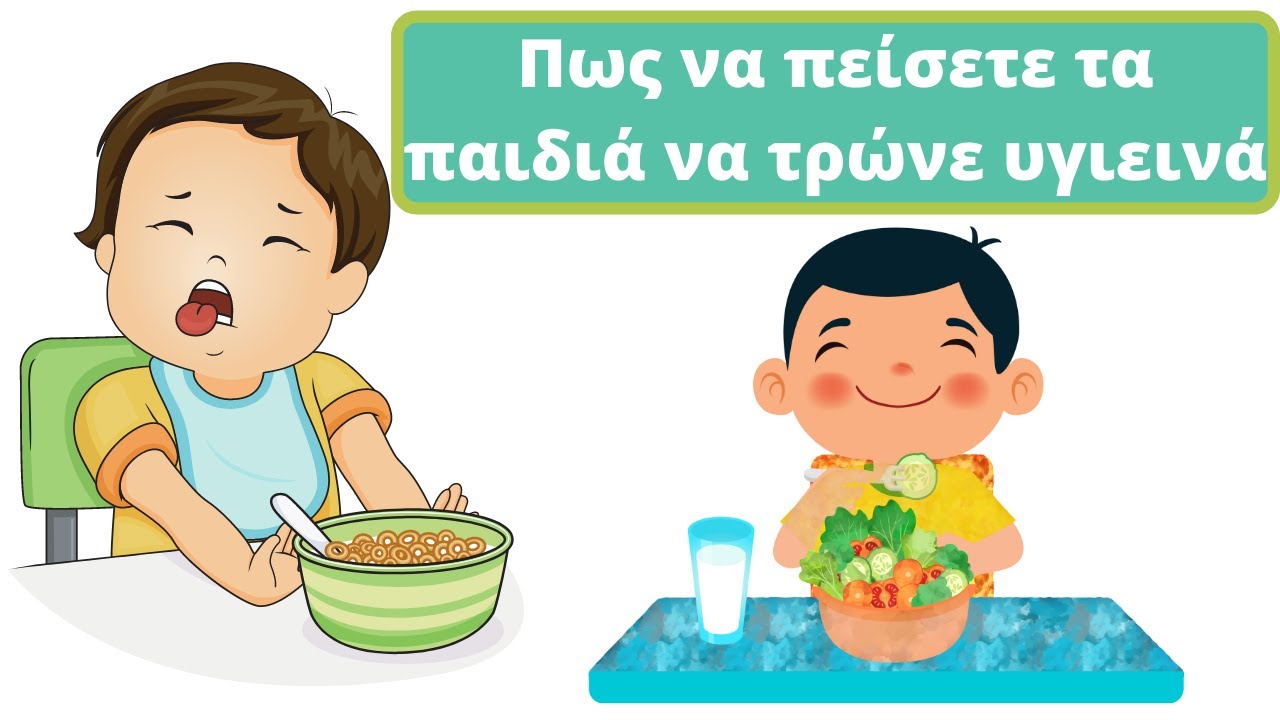
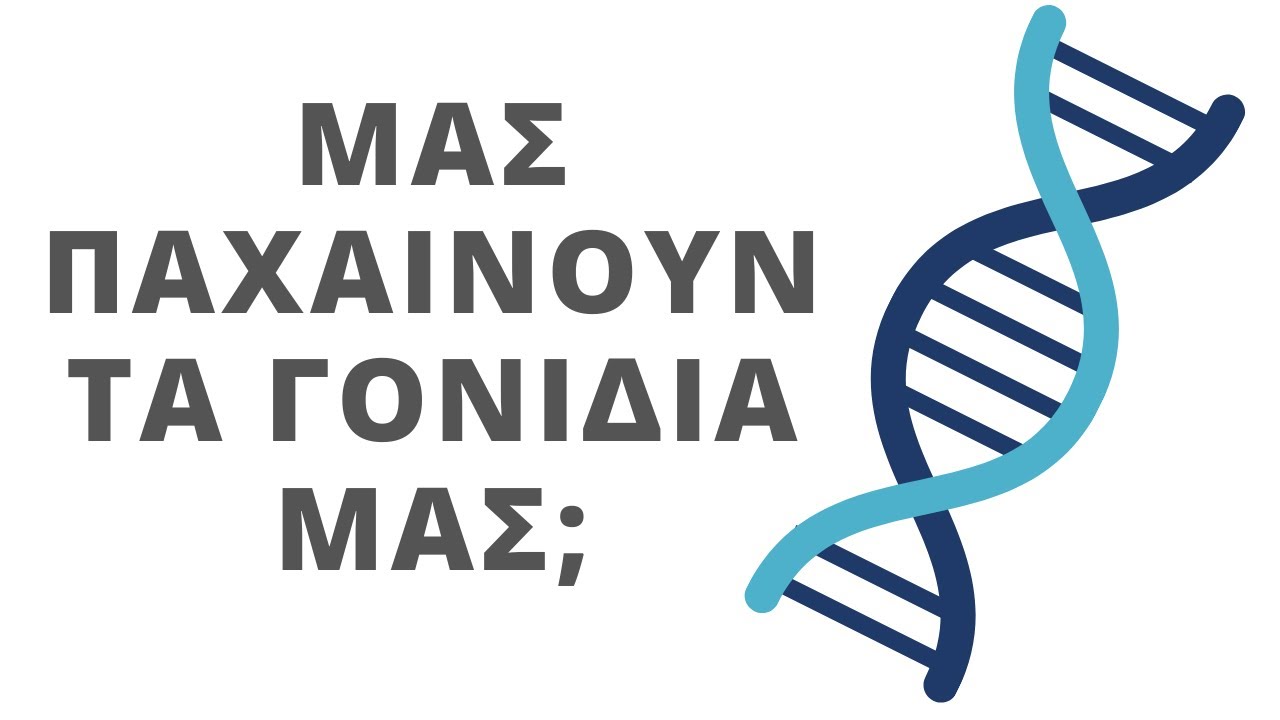
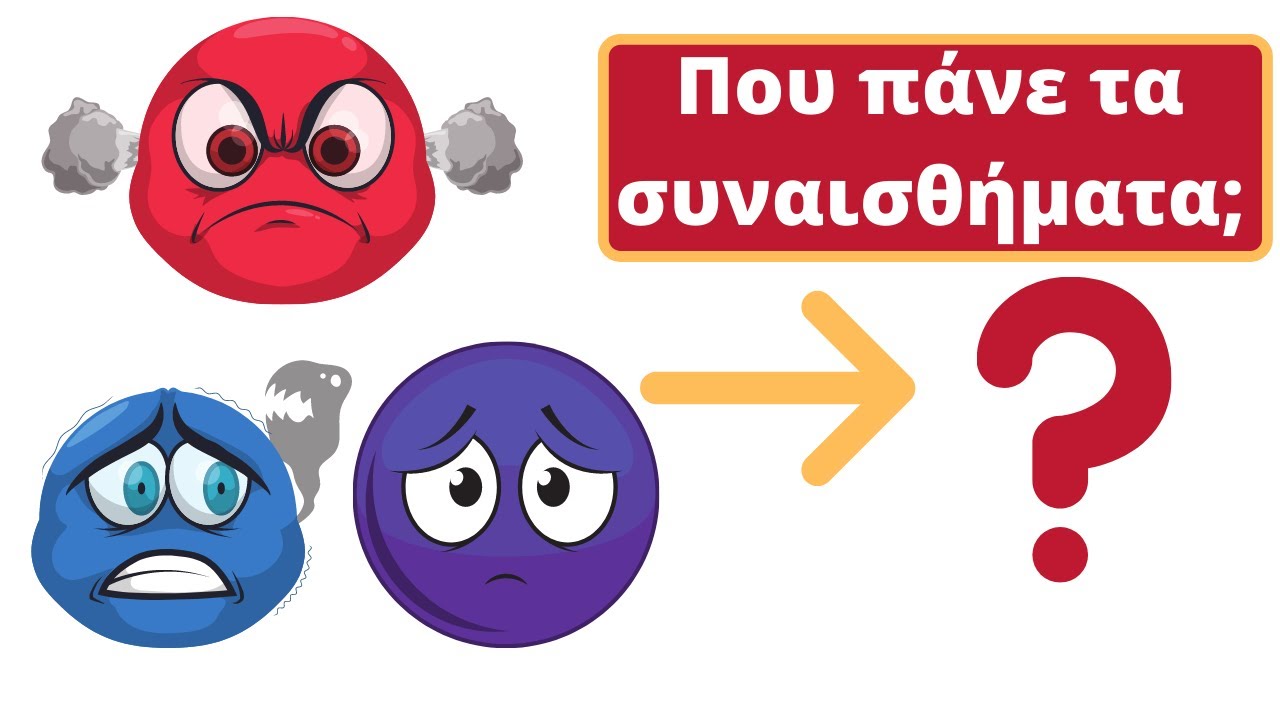

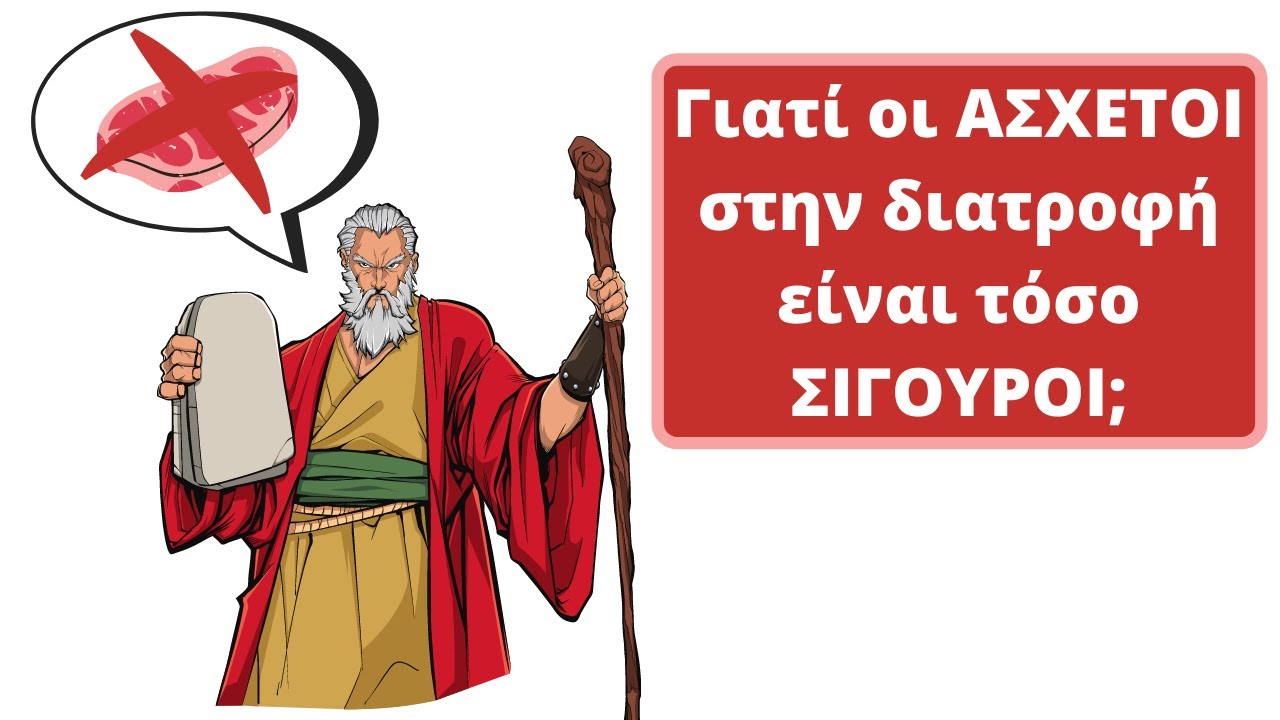

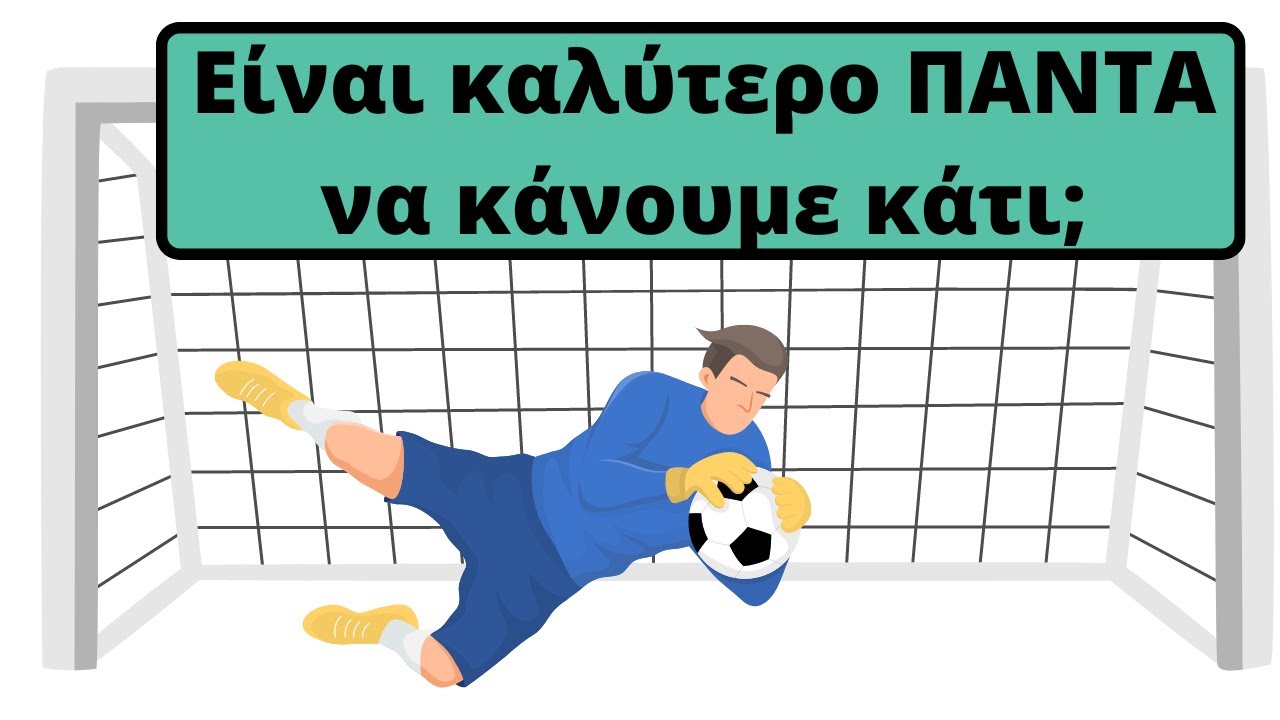


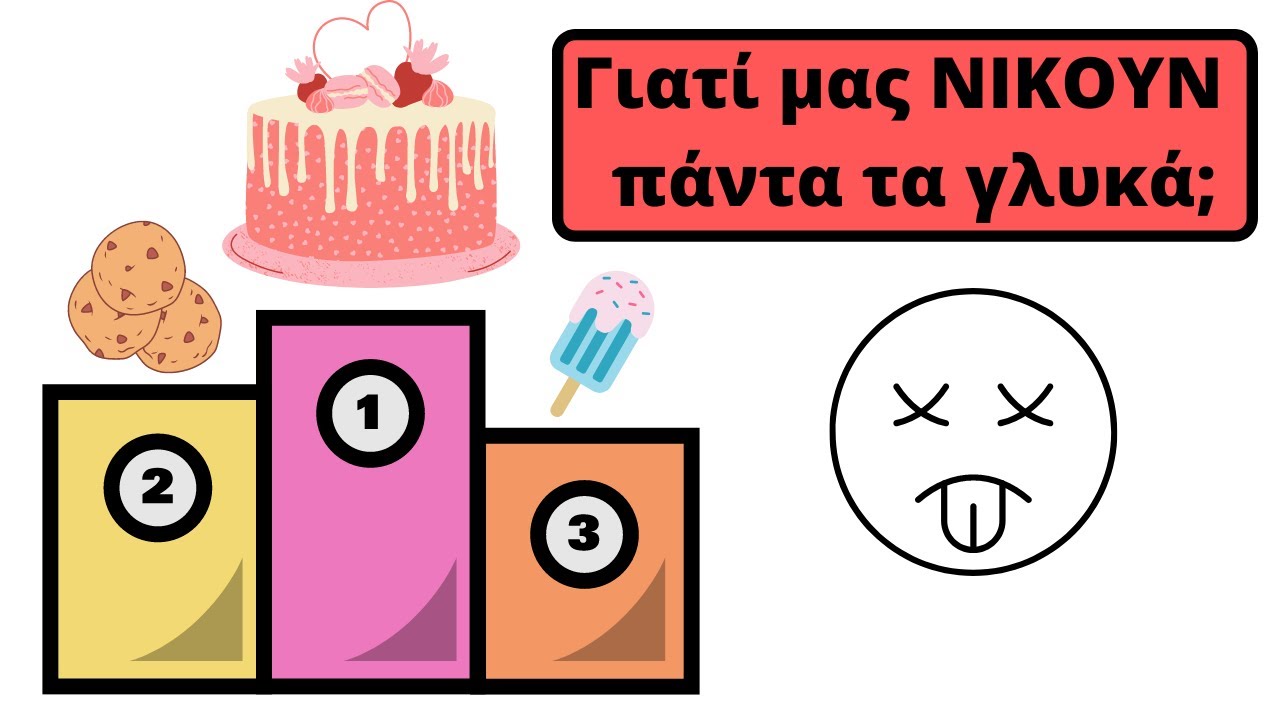
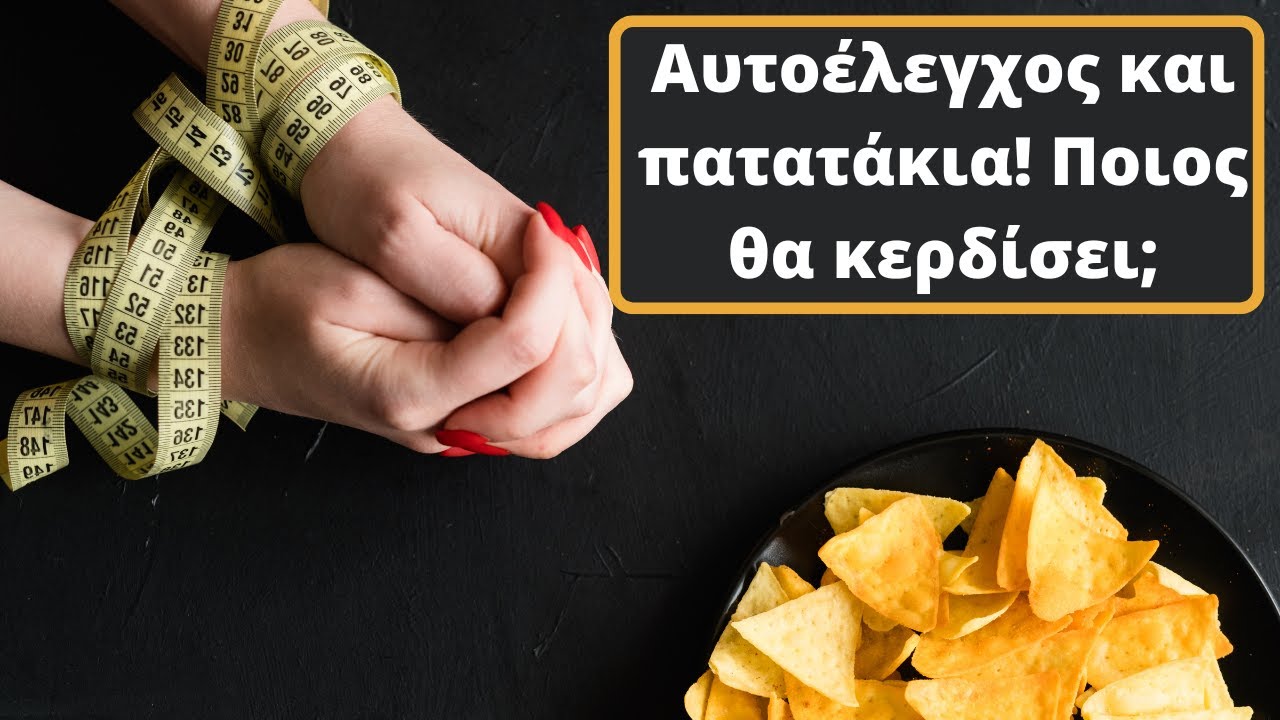
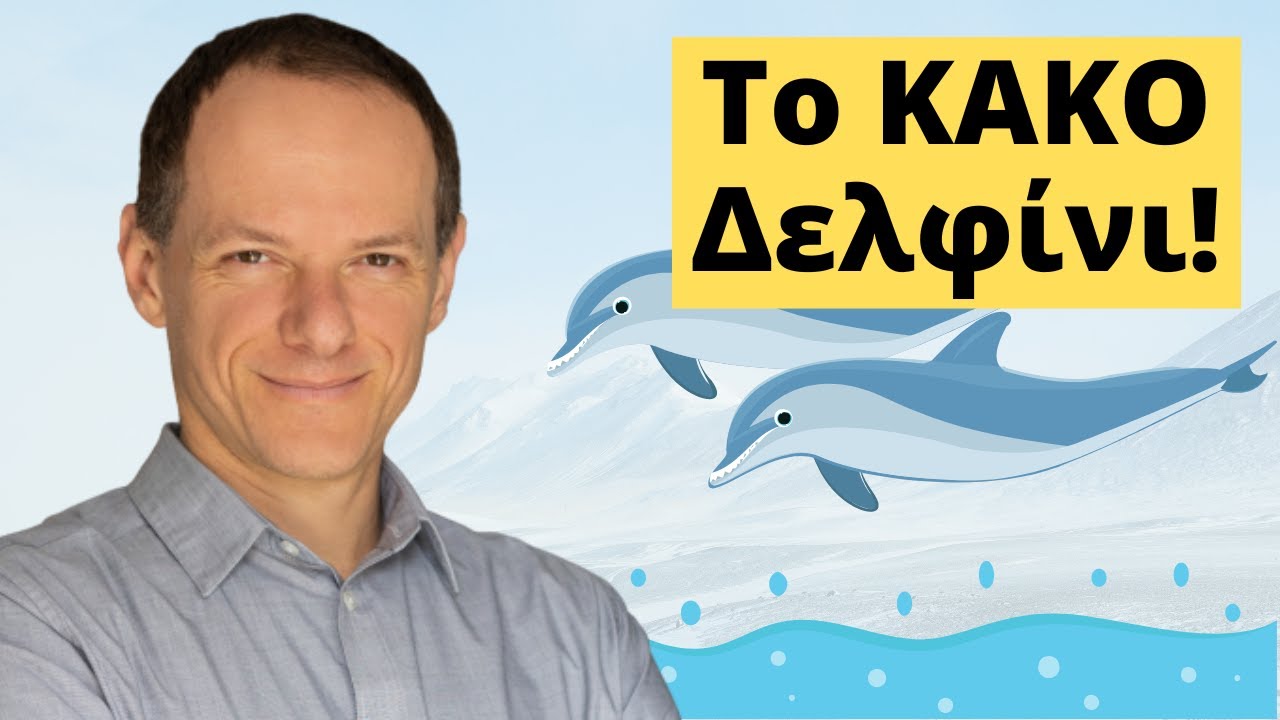
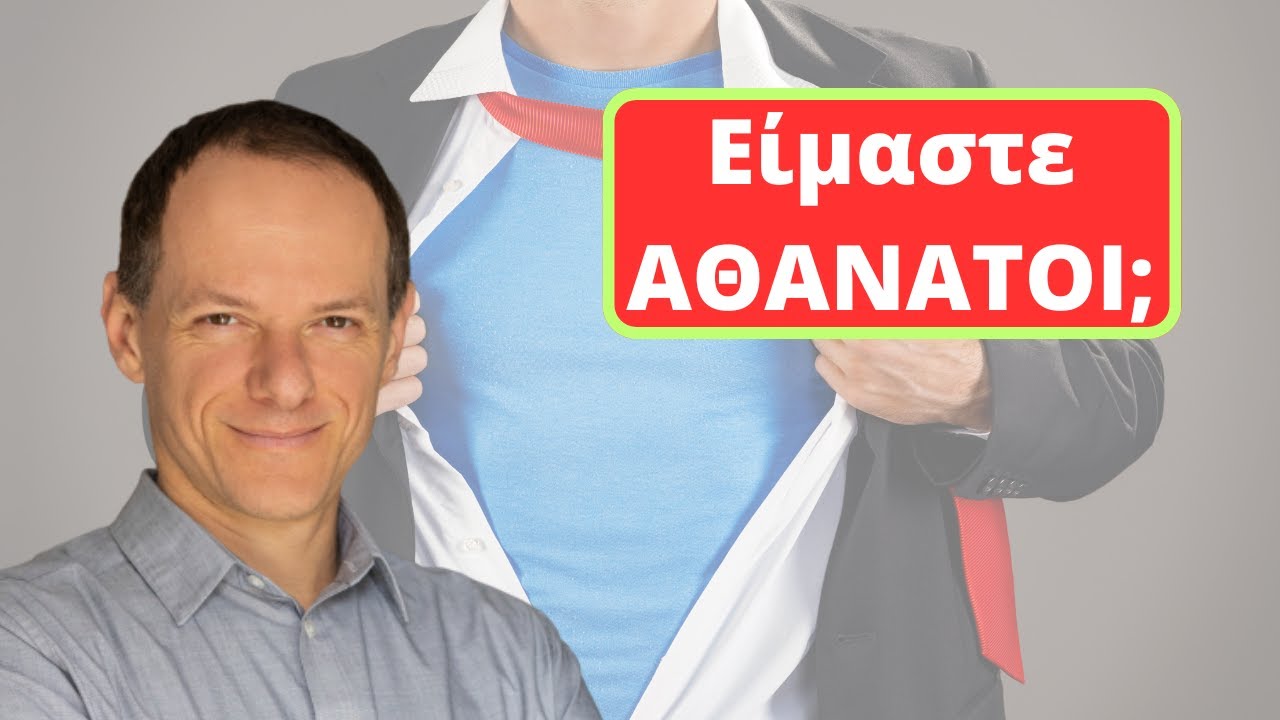
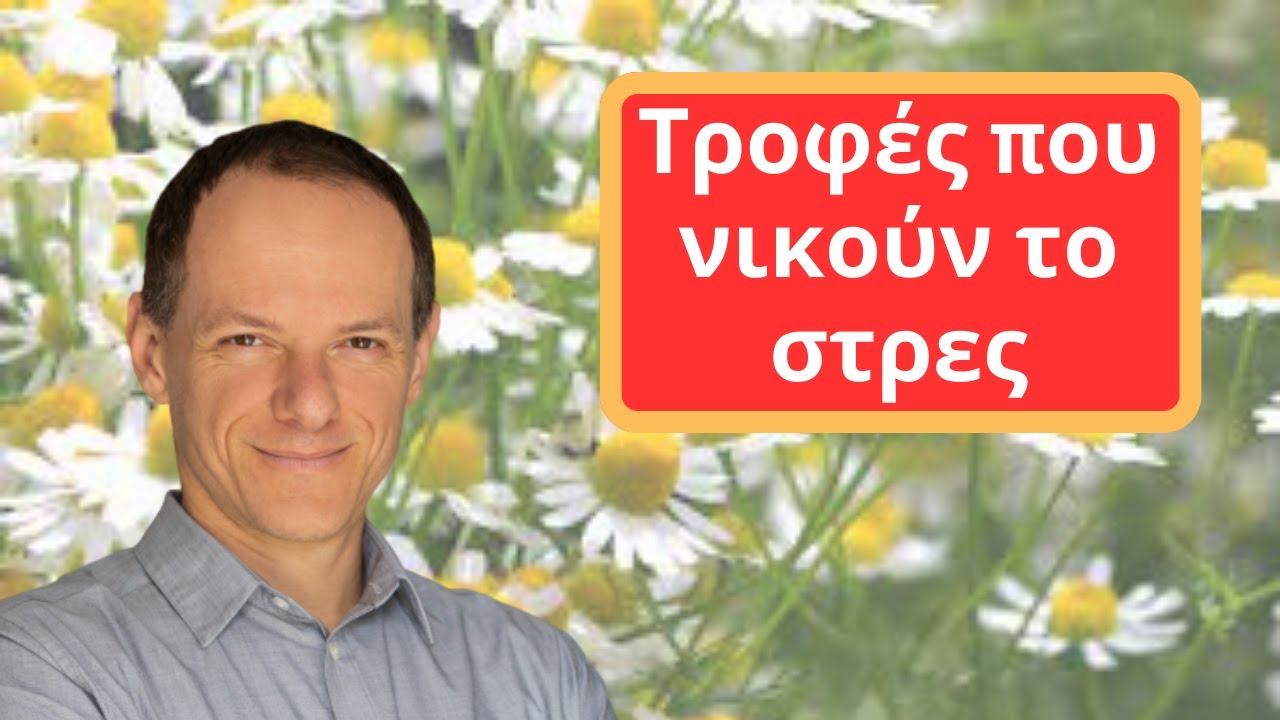

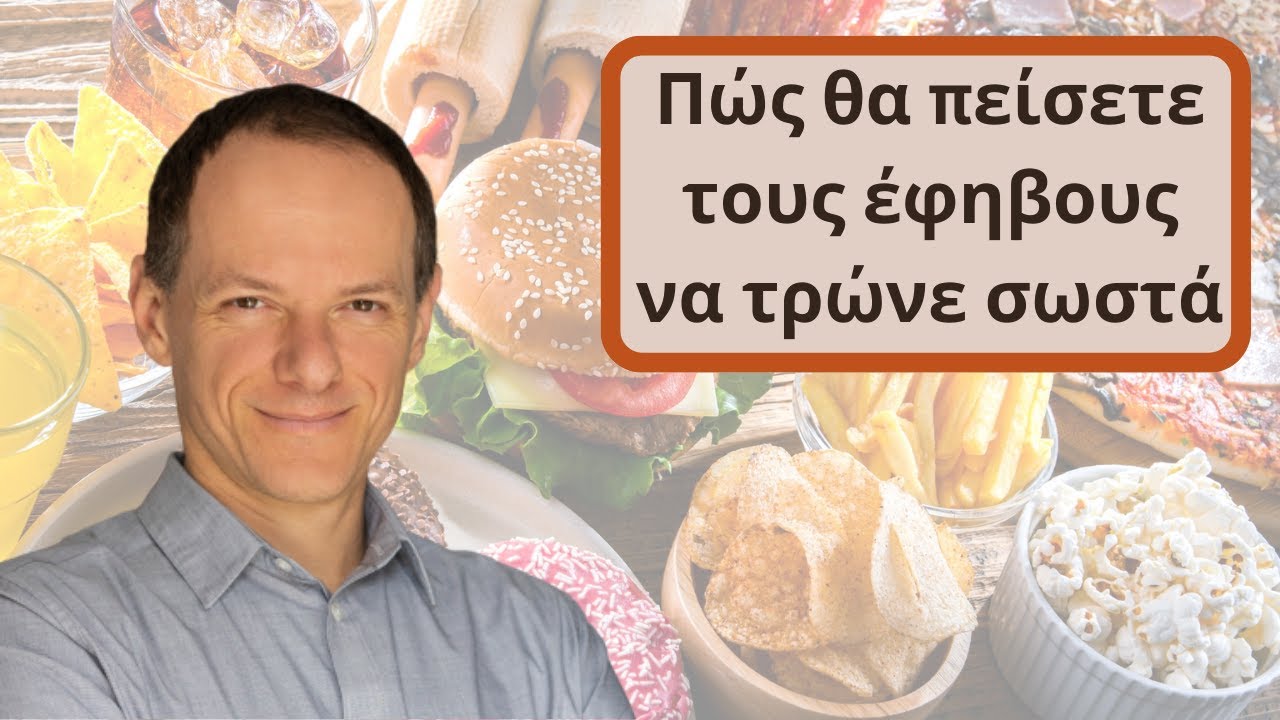
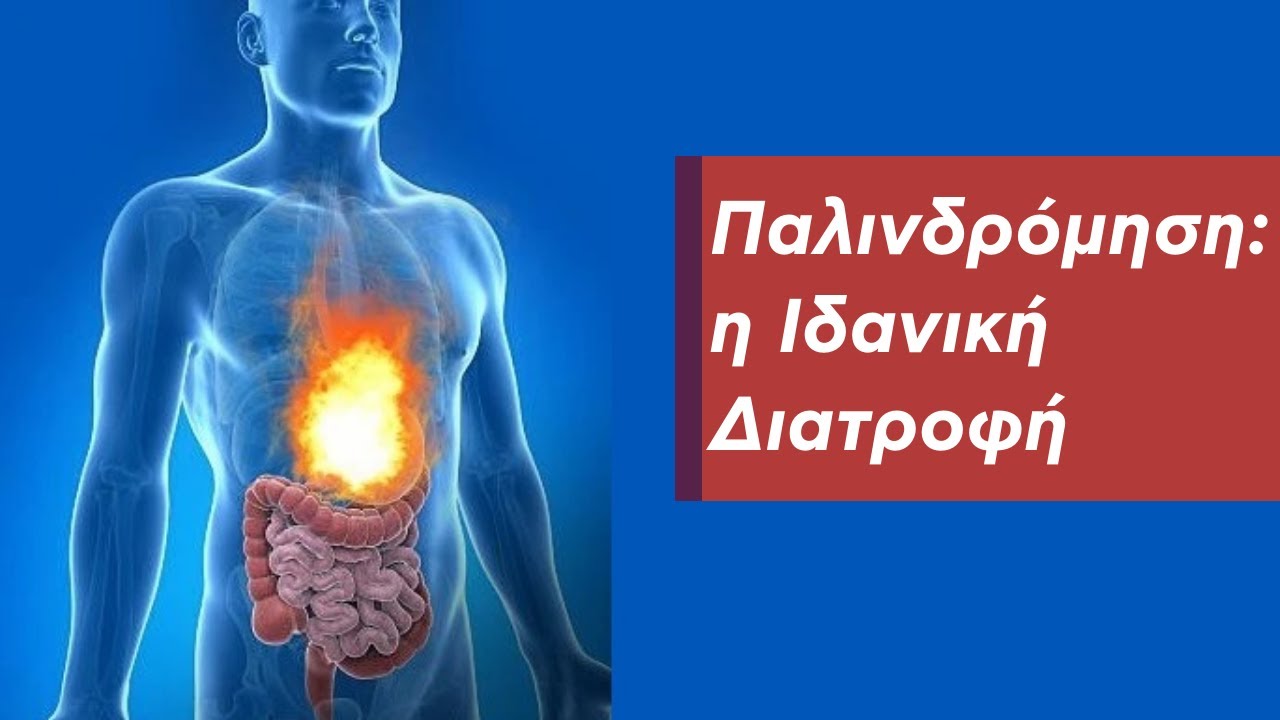
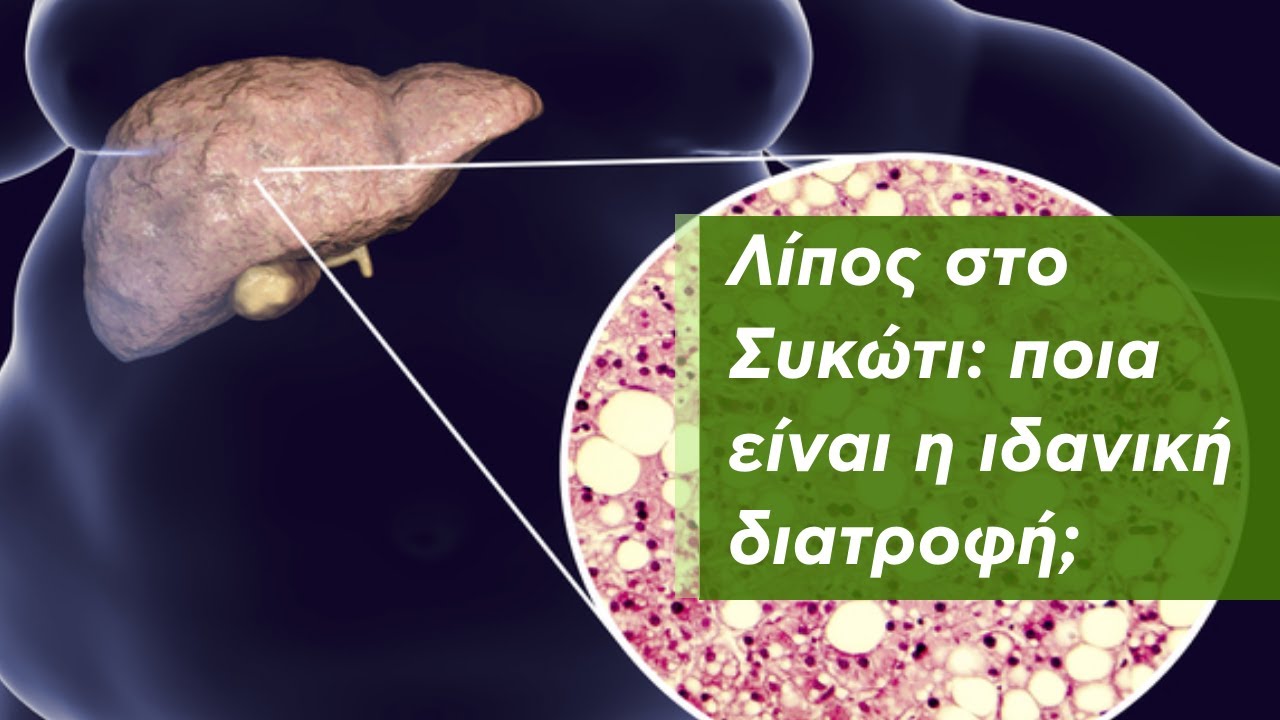
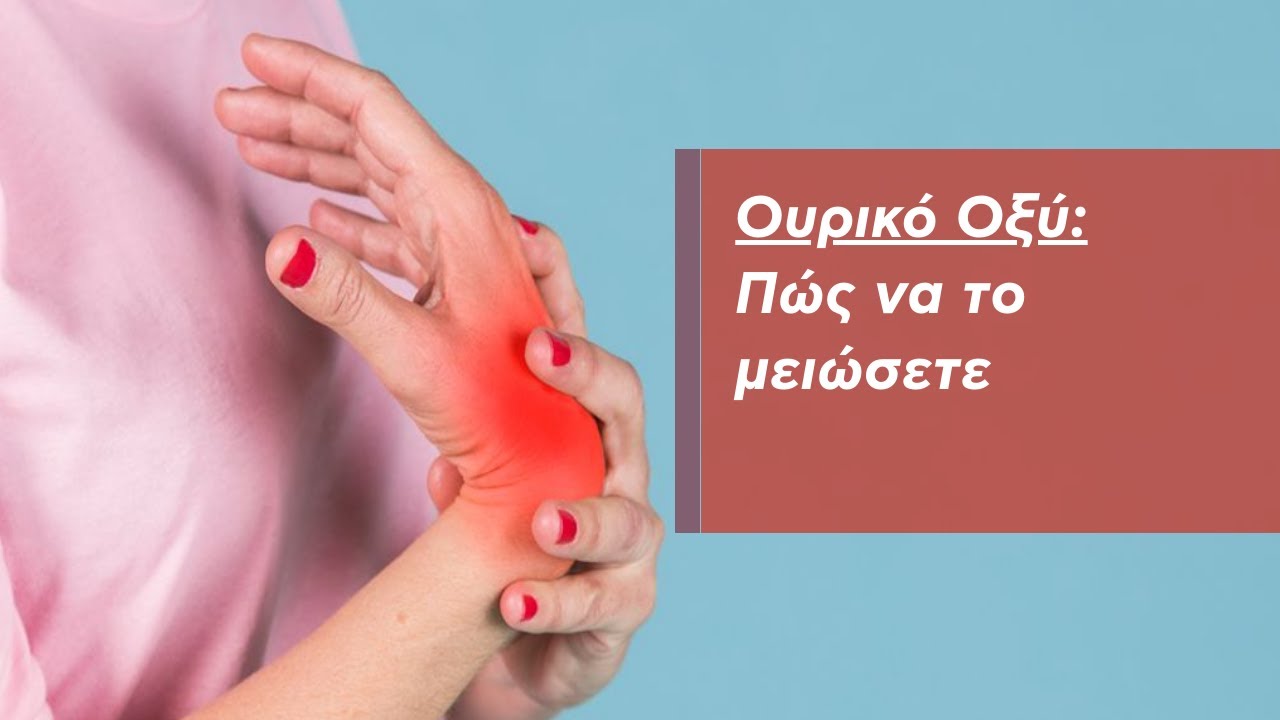
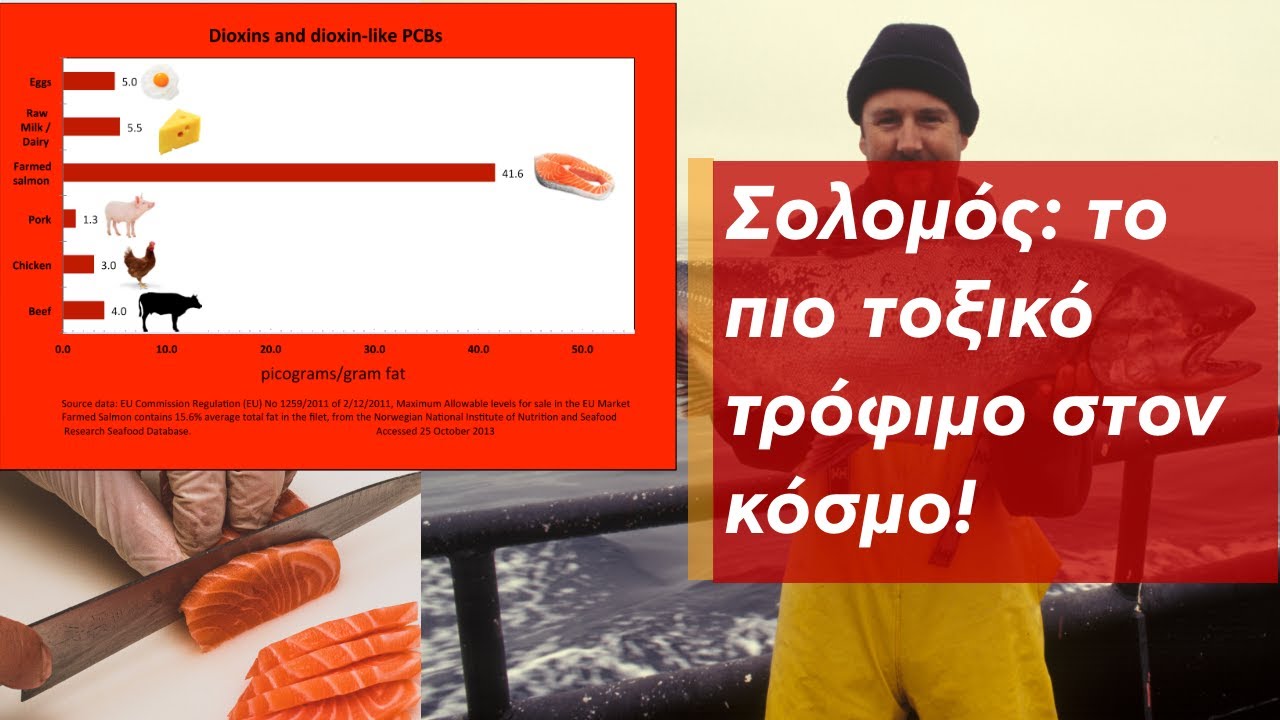
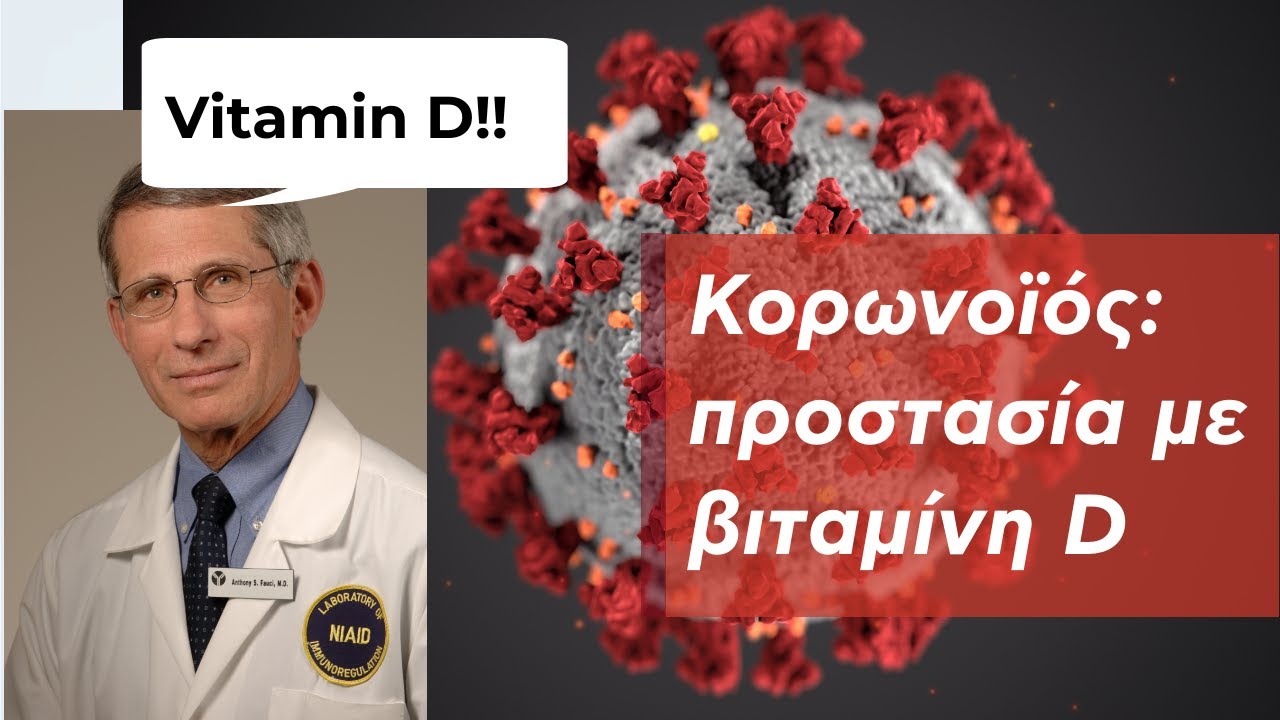
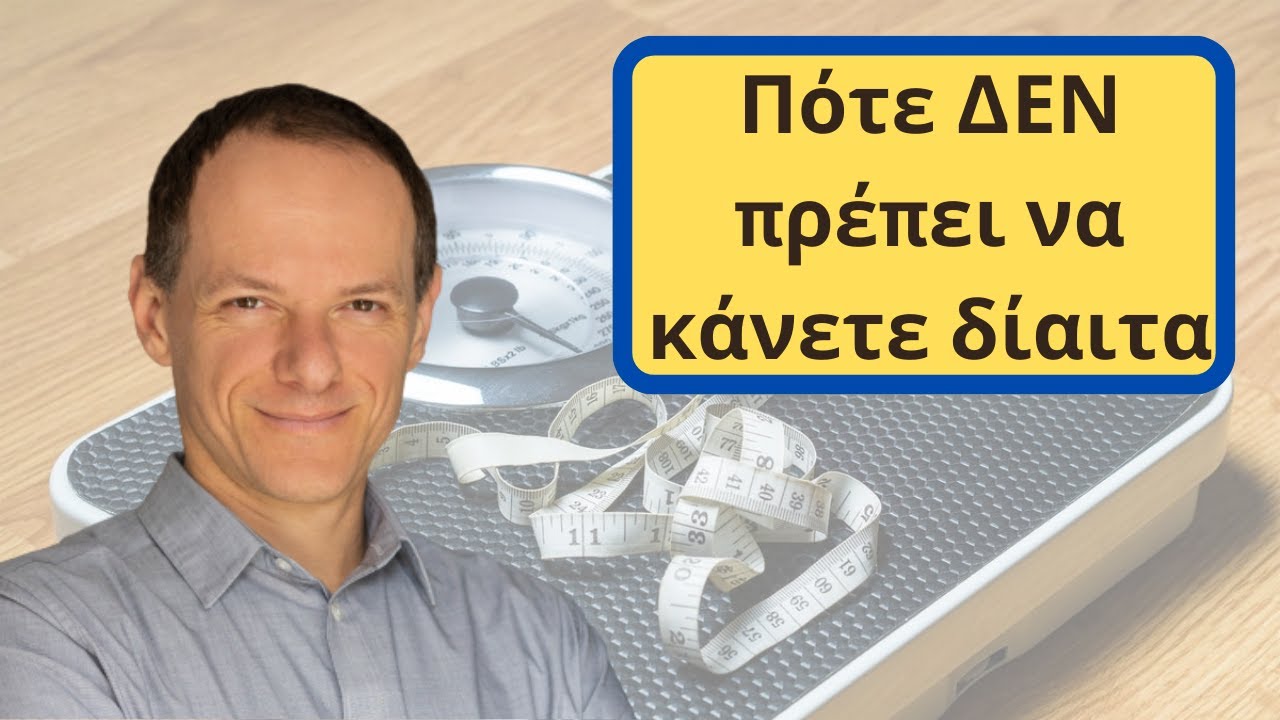

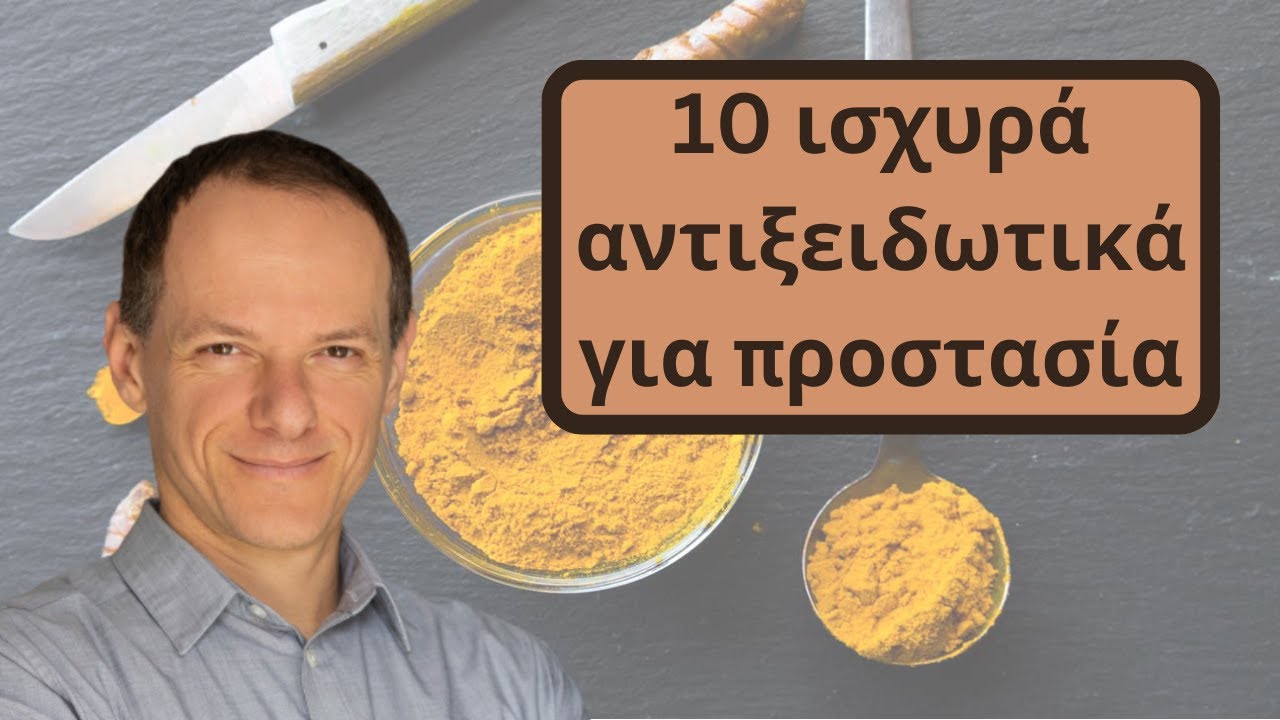
0 Σχόλια